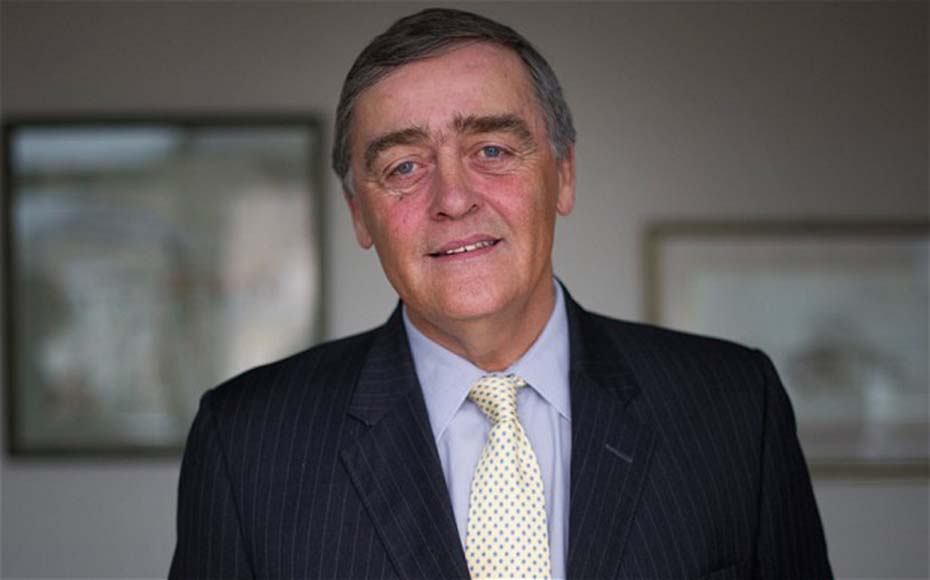A tribute to Gerald Cavendish, the 6th Duke of Westminster (1951 – 2016)
Gerald Cavendish Grosvenor, the 6th Duke of Westminster was a man of duty dedicated to his country, its military and to the countryside he so loved.
Described in a poignant tribute on the Grosvenor Estate’s website as “distinctly down-to-earth” and “rarely seen without a Diet Coke and a cigarette (later electric)”, the Duke – one of the country’s finest shots – was not one to mince his words and not one to shirk from a row. He took Westminster Council to court when they proposed selling off a housing estate in Pimlico intended by his ancestors specifically for the use of the working classes and won and then subsequently quit the Conservative Party in 1993 after a row with John Major over his leasehold reform legislation. At the time, he stated: “I had to leave because of my own conscience. I took a moral stand”.
Not without his flaws – including a little bit of a scandal in 2008 involving a New York escort service – and someone prone to sleepless nights and depression, the Duke may have been a billionaire but he also had the common touch. Though he made the founding gift of £50 million to the Defence and National Rehabilitation Centre in 2011 and supported farmers hit by the 2001 foot and mouth crisis with a £500,000 donation, he was just as likely to be found offering words of encouragement and sharing laughter in the communities he so especially treasured in Cheshire and at Abbeystead in Lancashire.
In 1995, appearing on the BBC’s Desert Island Discs, the Duke remarked:
“In the context of eternity, if I am lucky I might live 70 years, but this estate has been with us for 3, 4, 5, 600 years. I am only a mere flicker in the process of time. It is what I do with it, rather than what I am worth, that I believe is more important”.
Modest to his core and a man with a loathing for such tags as “environmentalist” and “philanthropist”, the Duke left the Grosvenor Estate in a far better state than he found it in 1979. He may have been born with a silver spoon, but he understood that with rights came responsibilities.
Subscribe to our free once daily email newsletter here:[wysija_form id=”2″]
